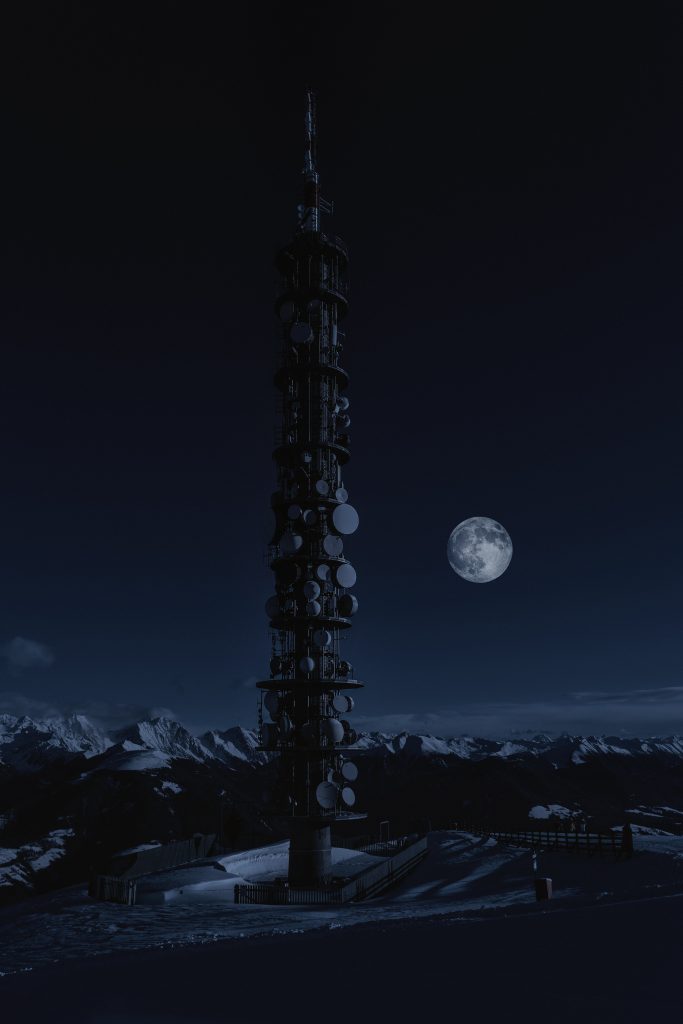Saturday saw a fantastic Festival of Social Science session exploring the genesis and appeal of conspiracy theories and the psychological appeal of these ideas.
Prof. Rod and Dr. Linda Dubrow-Marshall opened the session with an outline of the problem of climate change and a brief history of conspiracy theories in the 20th and 21st centuries- in particular they highlighted how real conspiracies such as the Watergate scandal have given conspiracy theories historical credence in the eyes of those who subscribe to them. They highlighted that there have always been conspiracy theories but due to social media and anti-establishment, anti-scientific, ideas being promoted by celebrities there is now a ‘nexus of global toxicity’ where misinformation appears as credible as real information. Conspiracy theories seeking to discredit the scientific consensus on human driven climate change are now popular. This same process has led to vocal opposition to Covid vaccination programmes and the promotion of anti-scientific fears around the spread of Covid-19, including the notion that the epidemic was linked in one form or another to the creation of the 5G network.
The panel argued that such conspiracy theories are born out of fear and a common feeling of impotence in the face of potentially cataclysmic global forces. Conspiracies provide simple answers to complex issues and as such are widely appealing, particularly when compared to the more complex, nuanced and difficult solutions to the crises offered by the scientific community. (Such as the measures announced at COP26 and the need to cut carbon emissions by 45% by 2030 to limit global warming to 1.5 degrees Celsius.)
The speakers discussed their research into cults and discussed how conspiracy theories can become imbedded into a person’s identity and belief system taking on an almost spiritual component, where ‘belief’ and ‘truth’ trump ‘science’ and the ‘establishment’ thought. They highlighted that one conspiracy theory can often feed into another, for instance racists are more likely to belief in a conspiracy theory than non-racists. (They argued that racism is itself a conspiracy theory, and a cultural, rather than a scientific concept.)
After this introduction contextualising the scale of the issue the speakers moved on to showcase the Methods of Levels Therapy approach when working with clients who hold extremist views and conspiracy theories. The audience were shown a role play between a therapist and ‘Rick’, a composite character drawn from real world examples. Through an hour-long discussion the therapist listened to Rick, allowing him to articulate his belief’s and any problems he faced. There was no judgement of Rick, rather the therapist offered him sympathy, aiming to let him him talk about his problems and to express any ‘background thoughts’ which popped into his mind.
In the Q&A which followed the session the speakers emphasised the importance of dealing with those who adhere to conspiracy theories with sympathy, ostracization will only further their feelings of isolation from the mainstream. They pointed out that conspiracy theories are often based on kernels of truth, which are then distorted and misinterpreted and this context is key to understanding their appeal. Rather than belittling those who adhere to conspiracy theories the speakers suggested respectful engagement, particularly through the use of the ‘Methods of Levels Therapy’, represents a path away from extremism.
If you’re interested in learning more about this topic the Dubrow-Marshall’s run the MSc Psychology and Coercive Control programme, find out more here: https://www.salford.ac.uk/courses/postgraduate/psychology-coercive-control
The Festival of Social Science continues for the rest of November, do join us at Salford for the following events, which can be booked here:
| We Love Peel Park: Graphic Novel Launch | 18th November | 6pm-7.30pm |
| Pirates and Exploding Man! A Hazard Signs Interactive Intervention | 23rd November | 10am-12pm |
| Cognitive Restoration: The Effects of the Environment on Thinking | 27th November | 10am-5pm |
| Social Capital: Understanding its Value in Strengthening Resilience | 29th November | 10am-12pm |
